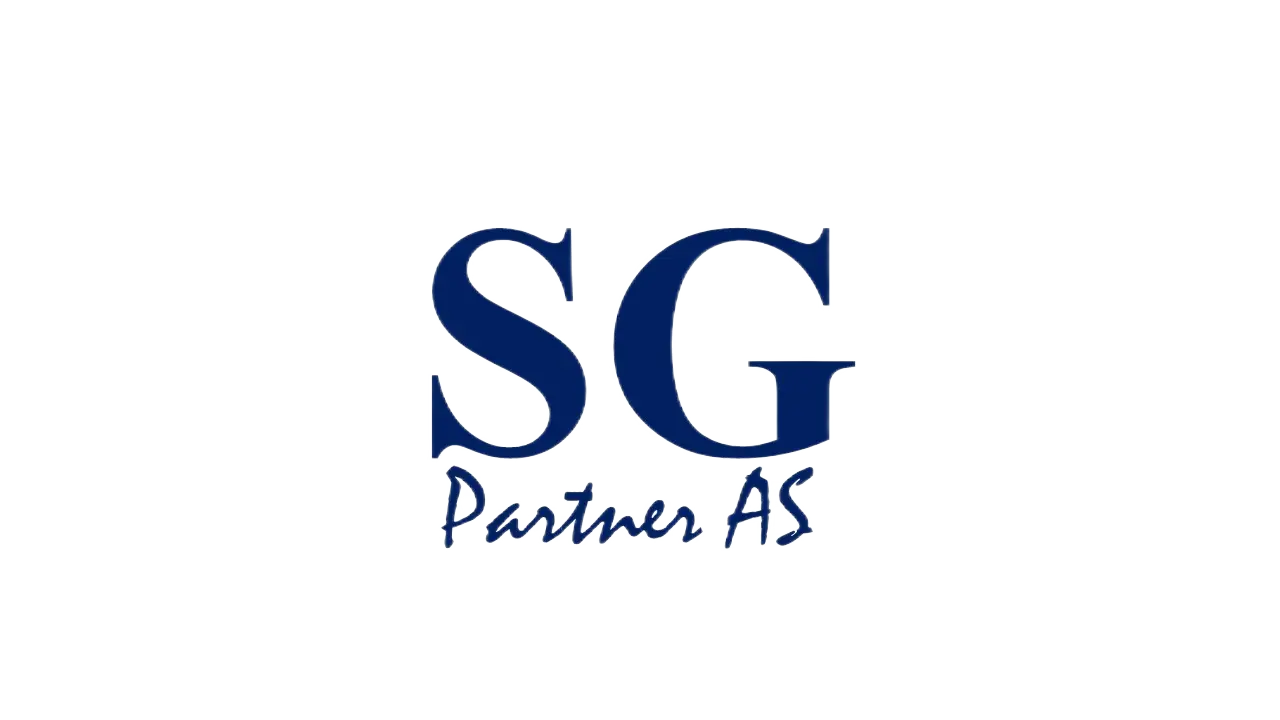COURSE OBJECTIVE:
Not available. Please contact.
TARGET AUDIENCE:
Business analysts and anyone who needs a thorough practical knowledge of the role business analysis can play in the success of Agile development projects. Agile Business Analysis is also a Analytical Skills module on the BCS (ISEB) Advanced Diploma in Business Analysis.
COURSE PREREQUISITES:
None
COURSE CONTENT:
Agile Business Analysis ( a three-day course)
Course Content
The Agile Philosophy
• The history of Agile and Agile Software Development.
• The Agile Manifesto.
• Agile components (principles, methods & techniques).
• Agile in the business context.
• Lean Business Analysis Service, System and Lean thinking.
Agile Principles
• Collaborative working.
• Self-organising teams.
• Continuous Improvement.
• Iterative development/Incremental delivery.
• Plan for and build in change.
Agile Methods
• History of Agile Methods.
• Linear (defined) vs Agile (empirical) methods.
• Evolution of Agile methods.
• Agile methods – DSDM, SAFe, SCRUM, XP, Lean Software.
• BA role in Agile.
Understanding Stakeholders
• Stakeholder groups.
• Understanding the customer.
• Agile BA role in stakeholder engagement.
Agile Modelling
• Purpose and principles behind Agile Modelling.
• The hierarchy of models (business view to system component).
• Prioritisation using MoSCoW.
• Decomposing and organising business goals.
Agile Techniques
• User stories and roles.
• Managing requirements with the solution backlog.
• Estimating story points.
• Managing the iterations (Planning, daily stand-ups, agile boards, velocity and retrospectives).
Agile BA Planning
• BA role in agile projects.
• Storyboarding/scenarios/prototyping.
The Agile World View
• Scaling agile.
• Constraining factors.
• The system of interest.
FOLLOW ON COURSES:
If this course is part of your BCS Advanced Diploma in Business Analysis programme you have a choice of further modules you can take including Business Architecture, Data Analysis, Advanced Requirements Engineering, Business Finance, Benefits Planning and Realisation, Stakeholder Engagement and Team Leadership.
